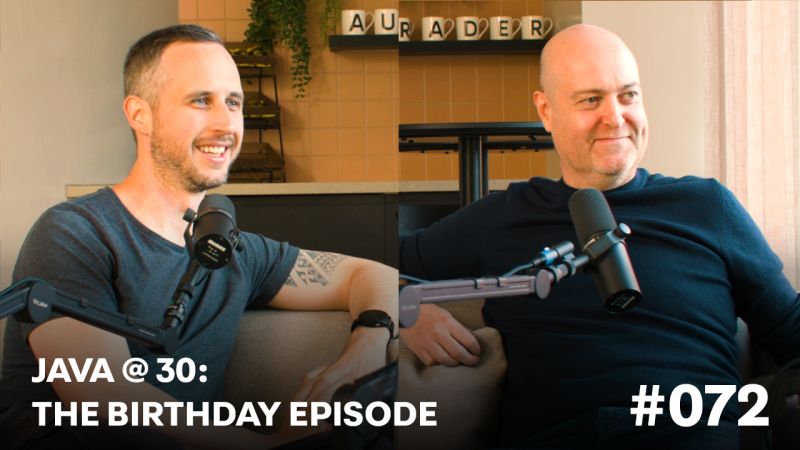In total 6,268 pupils from 725 British schools took part in the National Cypher Challenge at the end of 2012. Previous years have seen 200 teams take part but this year 1,600 teams signed up to decode a series of cryptic codes released online.
The event was organised by Southampton University with support from GCHQ and commercial partners. The competition was only for UK schools but teams from Tokyo, Bangkok, Florida and Honolulu also applied to take part.
It ran over a period of two months, with codes of increasing difficulty being issued periodically on the internet for school teams to crack, explained Prof Graham Niblo, organiser of the contest and head of mathematics at Southampton University.
While 1,600 teams signed up for the challenge only 30 managed to complete every level, he said. "We started with a Caesar cypher, which is the most basic cypher that everybody learns at school. We ended with a Trifid cypher - the most difficult one this year," he told the BBC.
A Caesar cypher is decoded by substituting the letters in a code with others further down the alphabet. For example, an A becomes a C, a B becomes a D and so on.
Source: BBC News








